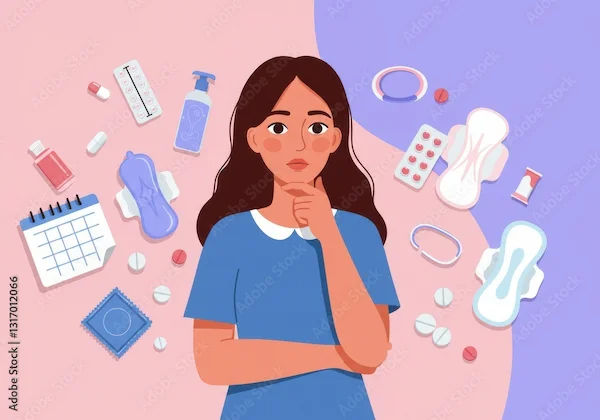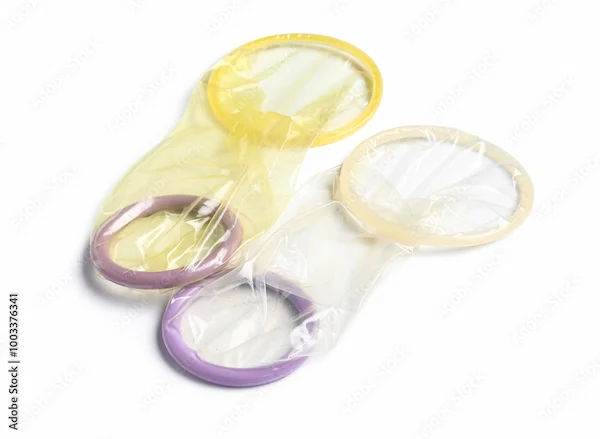- Female
- 31 Years
- 29/01/2025
I'm 29 weeks pregnant and recently moved to stay with my mom. My new doctor here advised me not to take Ecosprin, but my previous doctor had prescribed me Ecosprin 150 mg after my double marker test showed something about FGR before 37 weeks with a 1 in 643 ratio. Now, I'm confused about whether I should continue taking Ecosprin or not, and if I do take it, when should I stop? I'm really unsure about what to do and would appreciate your guidance.
Answered by 1 Apollo Doctors
It's understandable to feel confused. Given your doctor's advice to stop Ecosprin, its important to follow the current recommendation. The initial prescription of Ecosprin might have been due to specific risk factors, but if your new doctor feels it's not necessary, trust their expertise. You can clarify the exact timing for stopping the medication during your next appointment.
Dr. Ranjith Suggests...
Consult a Obstetrician and Gynaecologist
Answered 04/07/2025
0
0

More Obstetrics & Gynaecology Health Queries
View allIm 20 days late on my period and experiencing lower abdominal pain along with some irritation when I pee. Im getting worried about what might be going on. Any idea what could be causing this?
That needs evaluation visit Gynaecologist for evaluation and appropriate management
Answered by 1 Apollo Doctors
My period is 15 days late and I'm really worried. Also, I had vaginal tightlipped surgery 23 years ago because of a personal issue could this be causing any problems like cysts or other effects on my vagina? I'm really concerned about my sensitive area
needs P/E for better advice.
Answered by 1 Apollo Doctors
I'm pregnant and I've been told that both I and my baby have the O blood type. I've heard about the Rhesus factor and I'm a bit anxious about any potential issues. Is there any preventive treatment we should consider to avoid any problems related to this?
you're experiencing anal stenosis or narrowing, your doctor may recommend gradual anal dilatation using: 1. Anal dilators: Specialized instruments inserted gradually to stretch the anal canal. 2. Digital dilatation: A healthcare professional gently stretches the anal canal using their fingers.
Answered by 1 Apollo Doctors
Disclaimer: Answers on Apollo 247 are not intended to replace your doctor advice. Always seek help of a professional doctor in case of an medical emergency or ailment.




